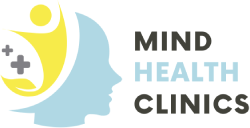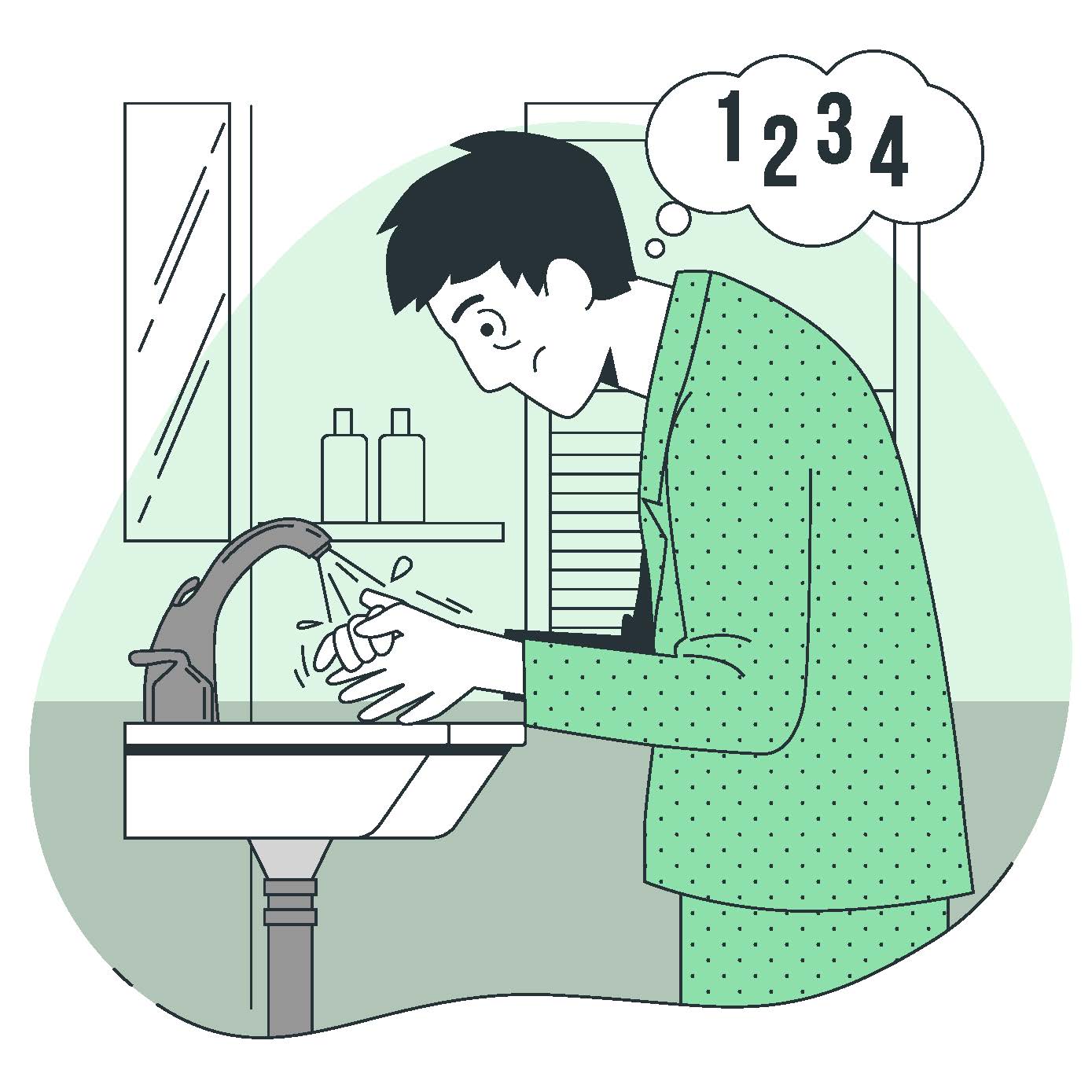What are the causes of OCD?
The cause of obsessive-compulsive disorder isn’t fully understood. Main theories include:
- Biology. OCD may be due to changes in your body’s natural chemistry or brain functions.
- Genetics. OCD may have a genetic component, but specific genes have yet to be found.
- Learning. Obsessive fears and compulsive behaviors can be learned from watching family members or learning them over time.
Inquire About This Service
What are the symptoms of OCD?
Obsessive-Compulsive Disorder (OCD) is a mental health condition characterized by intrusive thoughts, urges, or images (obsessions) that cause anxiety or distress, as well as repetitive behaviors or mental acts (compulsions) aimed at reducing the anxiety or preventing a feared outcome. Here’s a summary of the key symptoms of OCD:
Obsessive-Compulsive Disorder (OCD) is a mental health condition characterized by intrusive thoughts, urges, or images (obsessions) that cause anxiety or distress, as well as repetitive behaviors or mental acts (compulsions) aimed at reducing the anxiety or preventing a feared outcome. Here’s a summary of the key symptoms of OCD:
- Obsessions:
- Recurrent, persistent, and intrusive thoughts, images, or urges that cause distress.
- Common themes include fears of contamination, fear of harming oneself or others, concerns about symmetry or orderliness, and intrusive sexual or religious thoughts.
- Individuals often recognize that these obsessions are irrational but are unable to control or dismiss them.
- Compulsions:
- Repetitive behaviors or mental acts that are performed in response to obsessions.
- Aimed at reducing anxiety, preventing a feared event, or neutralizing an obsession.
- Examples include excessive handwashing or cleaning, checking and rechecking, counting, arranging objects in a specific way, and mental rituals such as repeating words or prayers.
When established, the symptoms of OCD can progress to causing complications in other domains of mental health and well being:
- Impact on Daily Life:
- OCD symptoms can significantly interfere with daily activities, relationships, and occupational functioning.
- Individuals may spend a significant amount of time each day performing rituals or engaging in mental compulsions, which can disrupt normal routines and productivity.
- The distress caused by obsessions and the time-consuming nature of compulsions can lead to avoidance behaviors and social withdrawal.
- Anxiety and Distress:
- OCD is associated with high levels of anxiety and distress, particularly when obsessions are triggered or when individuals are unable to perform their compulsions.
- Anxiety may be accompanied by physical symptoms such as racing heart, sweating, trembling, and difficulty breathing.
What are the treatment options for OCD?
- Treatment of OCD typically is managed by various forms of counseling and medications. Counseling options may include exposure and response prevention, and cognitive-behavioural therapy. Medications which have been shown effective in treating OCD are:
- Selective Serotonin Reuptake Inhibitors (SSRIs): SSRIs are the first-line pharmacological treatment for OCD. They work by increasing the levels of serotonin, a neurotransmitter involved in mood regulation, in the brain. Examples of SSRIs commonly prescribed for OCD include:
- Fluoxetine (Prozac)
- Sertraline (Zoloft)
- Fluvoxamine (Luvox)
- Paroxetine (Paxil)
- Citalopram (Celexa)
- Escitalopram (Cipralex)
- Clomipramine: Clomipramine is a tricyclic antidepressant that is also approved for the treatment of OCD. It works by increasing the levels of serotonin as well as norepinephrine in the brain. Clomipramine is often considered when SSRIs have been ineffective or poorly tolerated.
- Other Antidepressants: In some cases, other antidepressant medications may be prescribed for OCD when SSRIs and clomipramine are not suitable or effective. These may include:
- Venlafaxine (Effexor XR), a serotonin-norepinephrine reuptake inhibitor (SNRI)
- Duloxetine (Cymbalta), another SNRI
- Augmentation Strategies: If an individual does not respond adequately to SSRIs or clomipramine alone, augmentation strategies may be considered. This involves adding another medication to enhance the effects of the primary treatment. Common augmentation agents include:
- Atypical antipsychotics such as risperidone (Risperdal), quetiapine (Seroquel), or aripiprazole (Abilify)
- Low-dose benzodiazepines, although these are typically used cautiously,
It’s important for individuals with OCD to work closely with their doctor to determine the most appropriate medication and dosage based on their specific symptoms, treatment history, and individual factors. Additionally, medication should be used as part of a comprehensive treatment plan that may also include psychotherapy, lifestyle modifications, and support from mental health professionals. Regular monitoring and adjustments to the treatment plan may be necessary to achieve optimal outcomes.


